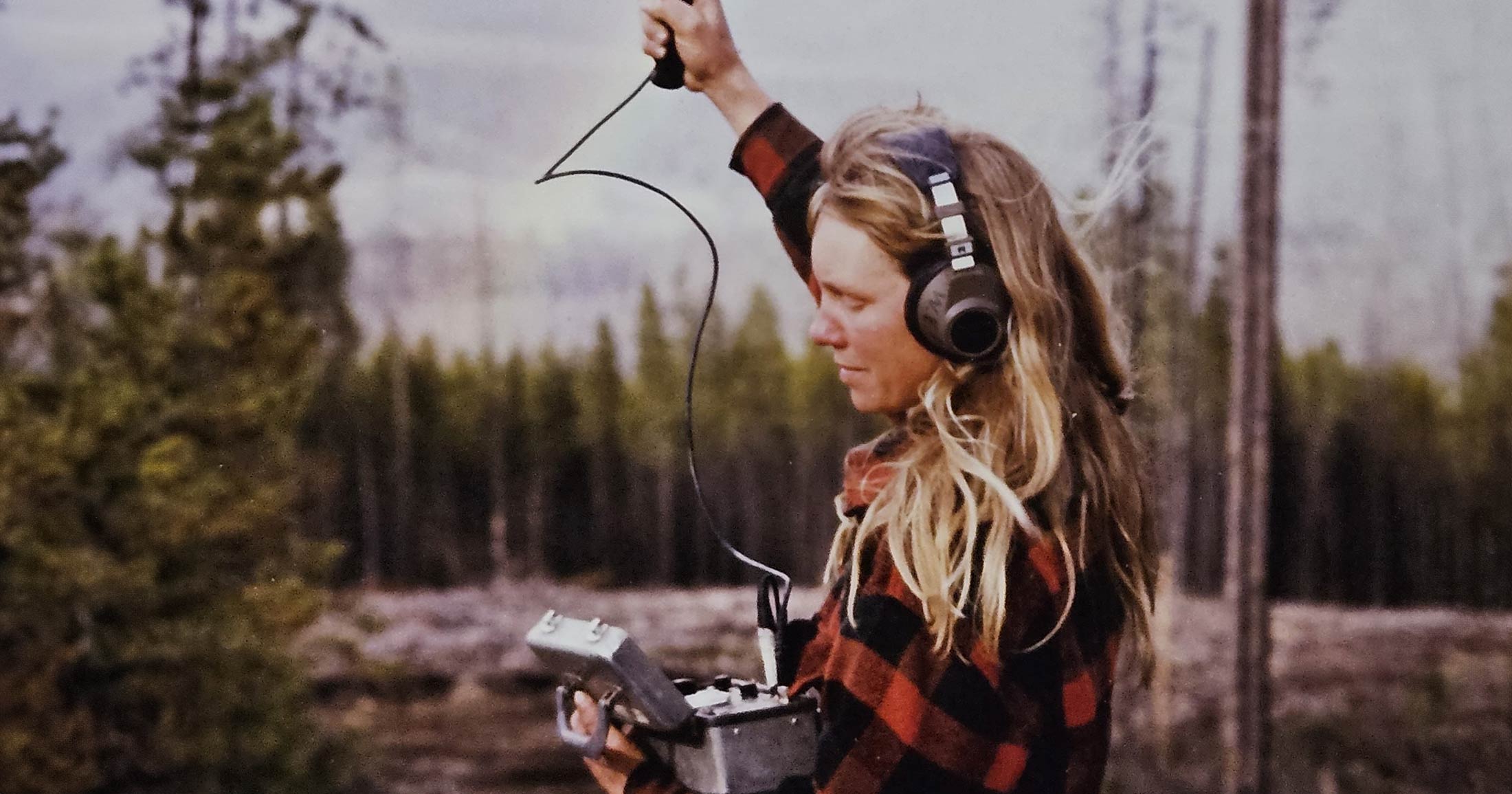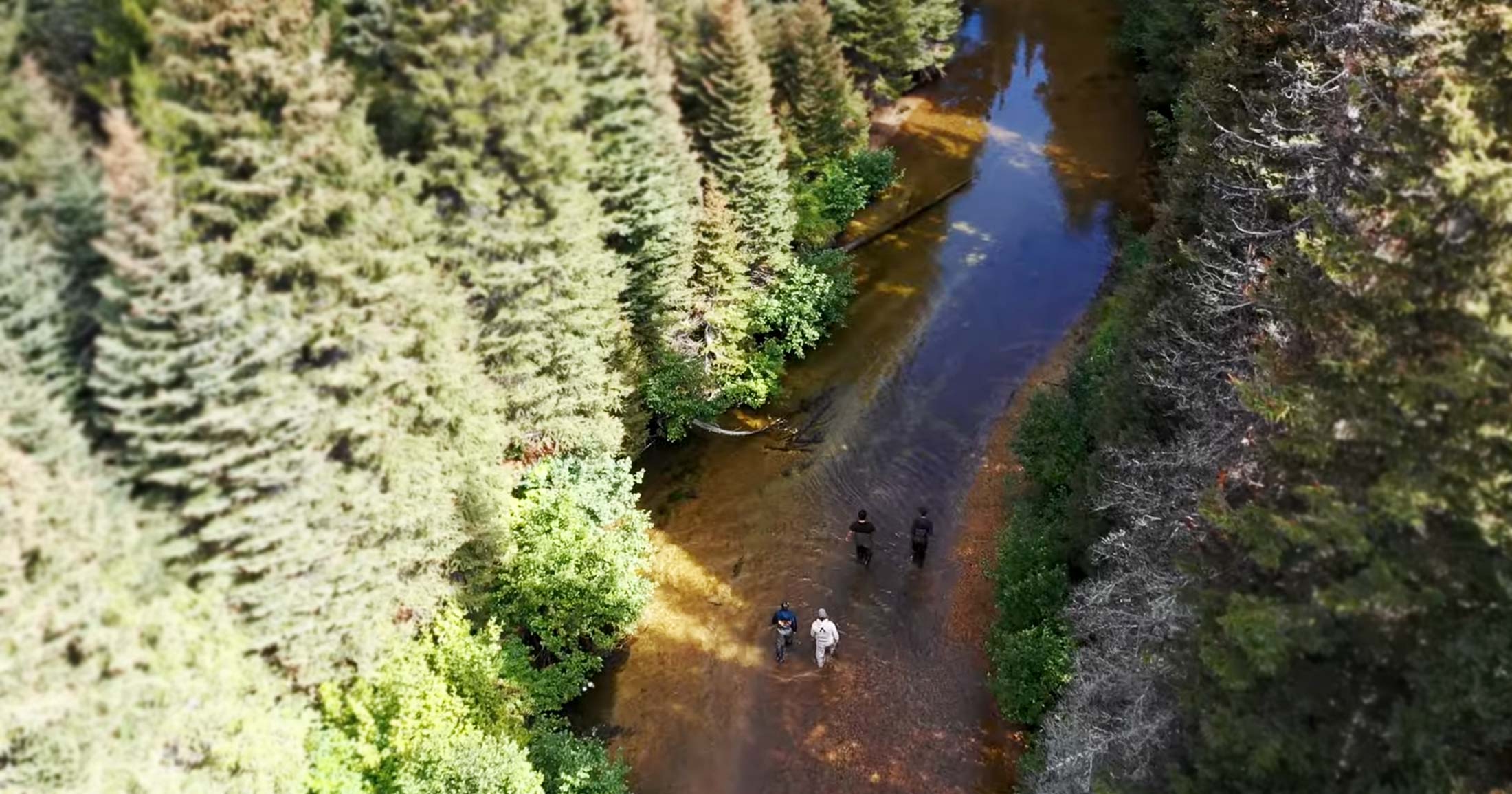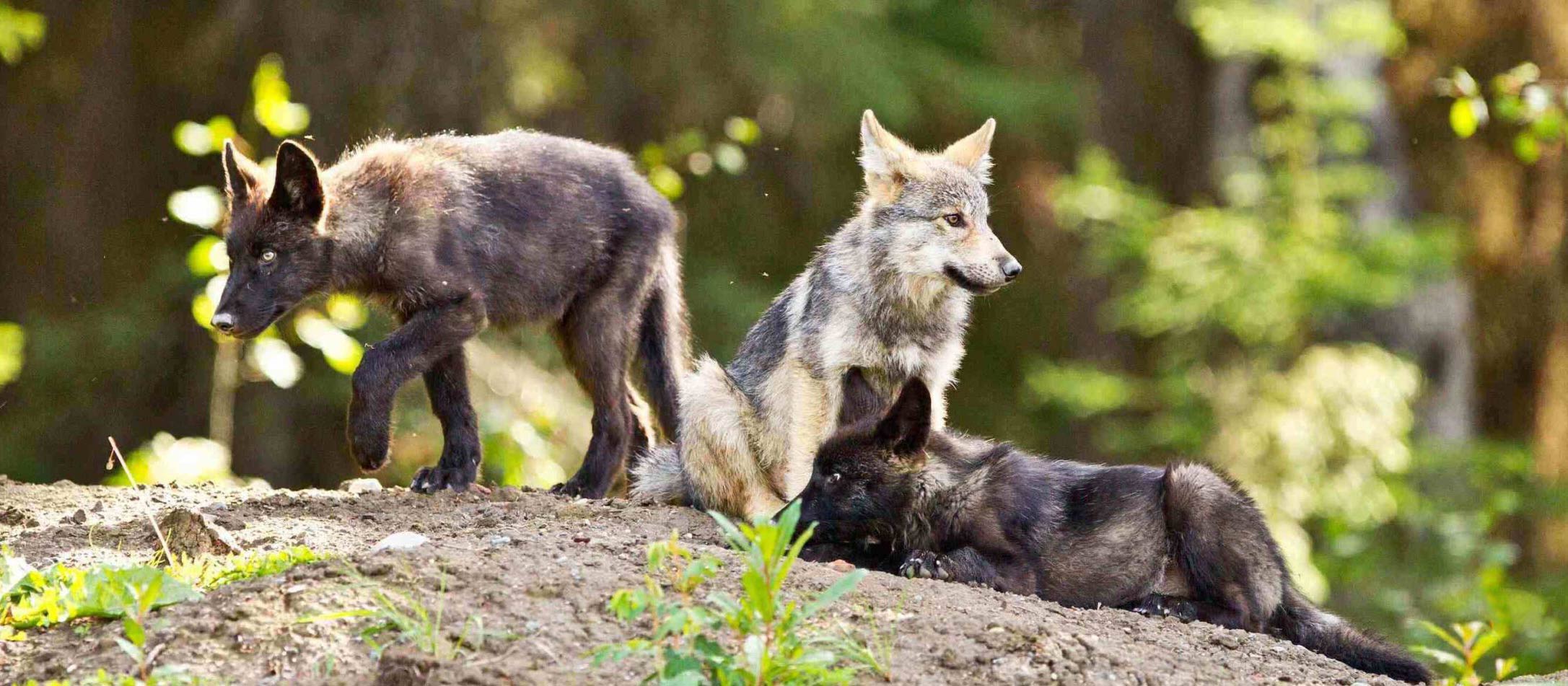Job posting: Research Technician
We are seeking a summer employee to support the Upper Pitt Ecosystem Monitoring Project.
The Upper Pitt River is the last stronghold of Lower Fraser River coho and sockeye salmon, and still hosts intact assemblages of terrestrial large carnivores, as well as a robust population of Roosevelt elk that were successfully reintroduced in 2006. However, industrial logging has caused landslides to block water flow and access to spawning grounds and continues to threaten the integrity of salmon, wildlife, and their habitats.
This project will implement scientific research and Indigenous Knowledge to better understand 1) the abundance of threatened salmon populations, 2) the role terrestrial predators play in facilitating carbon sequestration, and 3) the impacts intensive logging and climate change are having on important salmon spawning and rearing habitat. Data generated from this three-year project will guide habitat restoration projects, a community-based fishery for Katzie Nation, and inform their Holistic Watershed Management plan, which will steward the watershed for the decades to come.
This position is suited for a youth who is interested in gaining a deeper understanding of the Upper Pitt River ecosystem, the relationship between salmon and coastal forests, habitat restoration, and scientific tools used to conduct ecosystem monitoring.
Salary and details
Job Type: Temporary (summer contract)
Anticipated hours: 35 hours/week for 8 weeks
Start date: June 15th, 2023 (flexible)
Salary range: $24/hour for desk-based activities; $200/day for field-based activities
Location: Must be able to travel to Pitt Meadows, BC for field work. As this is a partially remote position, the successful applicant must have access to a personal computer and reliable internet connection to maintain routine communication with a well-integrated online network of internal and external colleagues for research, meetings, and dialogues, etc.
Application deadline
May 31st, 2023.
Position requirements
Funding for this position is provided through the Canada Summer Jobs Program. To be eligible, you must meet the following funding criteria:
- Be between 15 and 30 years of age at the start of the employment*,
- Be a Canadian citizen, permanent resident, or person to whom refugee protection has been conferred under the Immigration and Refugee Protection Act for the duration of the employment**; and,
- Have a valid Social Insurance Number at the start of employment and be legally entitled to work in Canada in accordance with relevant provincial or territorial legislation and regulations.
- Access to a personal computer and reliable internet connection.
- The research technician will need to be based in the Lower Mainland with a means of transportation to and from field sites within the Pitt Meadows region.
*The youth must be 15 years of age at the beginning of the employment period. The youth may be more than 30 years of age at the end of the employment period as long as the youth was 30 at the beginning of the employment period.
**International students are not eligible participants. International students include anyone who is temporarily in Canada for studies and who is not a Canadian citizen, permanent resident, or person who has been granted refugee status in Canada. Youth awaiting a refugee status ruling, as well as those who hold a temporary visitor visa, youth visa or work visa are ineligible.
Duties and responsibilities
- Conduct background research on Pacific salmon, terrestrial predators, riparian vegetation, aquatic habitat, tools and methodologies for measuring environmental DNA and genetic baselines.
- Assist with visually analyzing and encoding camera trap data.
- Assist with biological sampling and data collection including conducting juvenile sampling and spawner surveys using various different methods; identification of adult and juvenile salmon; conducting aquatic and riparian habitat quality assessments; collection of samples for genetic analysis.
- Assist with data recording and entry into a digital device.
- Assist with preparation, storage, and use of research equipment, materials, and supplies.
- Deliver a final report summarizing field work activities conducted.
The successful candidate will be responsible for the following:
- Actively contributing to weekly meetings with their mentor and supervisor.
- Setting goals, objectives, and timelines for processing camera trap data and completing a field work summary report.
- Help facilitate engagement with Katzie First Nation on the Upper Pitt Ecosystem Monitoring Project.
Desired skills and qualifications
- Diploma/degree achieved or in progress in biology, ecology, environmental science, or related field is preferable.
- Experience with data entry and organization.
- Highly self-motivated and able to work effectively in a remote environment.
- Strong written and verbal communication skills.
- Good interpersonal skills.
- Wilderness First Aid certification would be considered a strong asset.
- This position is suited for a youth who is interested in gaining a deeper understanding of the Upper Pitt River ecosystem, the relationship between salmon and coastal forests, habitat restoration, and scientific tools used to conduct ecosystem monitoring.
About Raincoast Conservation Foundation
Raincoast is a team of conservationists and scientists empowered by our research to protect the lands, waters and wildlife of coastal British Columbia. We use rigorous, peer-reviewed science and community engagement to further our conservation objectives. We call this approach informed advocacy. Since 1996, Raincoast has been making progress toward our habitat and wildlife protection goals.
About the Wolf Conservation and the Lower Fraser Salmon Conservation Programs
Wolf Conservation Program
Raincoast’s wolf initiatives are working towards the protection and conservation of wolves in British Columbia through peer-reviewed research, public education, and wildlife management reform. This includes scientific and ethics-driven initiatives that are working toward the implementation of provincial policy that respects the welfare of wolves and their important role in functioning ecosystems.
Lower Fraser Salmon Conservation Program
The goal of the Lower Fraser Salmon Conservation Program is to see healthy populations of wild salmon returning to the Lower Fraser River. Our work on the Lower Fraser is focused on research and restoration in the estuary and works to advance policies and governance structures that support the conservation of salmon habitat through the whole Lower Fraser River.
How to apply
Please send a cover letter and your resume to jobs [at] raincoast [dot] org, by May 31st, 2023. Please include contact information for at least two references. Email applications with “(Job title)” in the subject line. Attach a single PDF file for your one-page cover letter and your resume – name it your first and last name. The cover letter should express why you want this position and identify how you are qualified. We thank all applicants, but only those selected for interviews will be contacted.
Raincoast welcomes applications from all interested and qualified candidates. Our organization is the product of diverse visions and perspectives and we welcome the unique contributions that you can bring. Raincoast is committed to fostering and maintaining a workplace culture that is inclusive and does not tolerate or accept discrimination or harassment.
You can help
Raincoast’s in-house scientists, collaborating graduate students, postdoctoral fellows, and professors make us unique among conservation groups. We work with First Nations, academic institutions, government, and other NGOs to build support and inform decisions that protect aquatic and terrestrial ecosystems, and the wildlife that depend on them. We conduct ethically applied, process-oriented, and hypothesis-driven research that has immediate and relevant utility for conservation deliberations and the collective body of scientific knowledge.
We investigate to understand coastal species and processes. We inform by bringing science to decision-makers and communities. We inspire action to protect wildlife and wildlife habitats.










